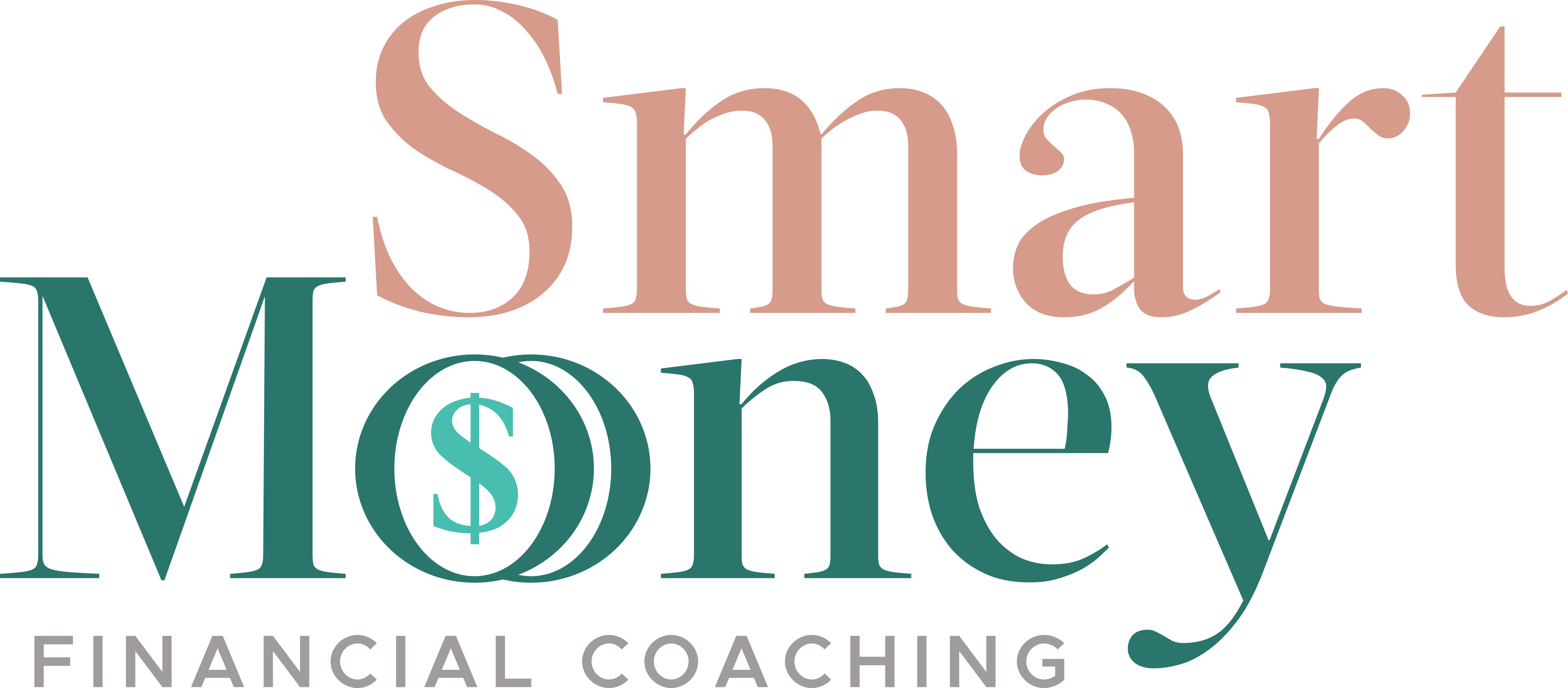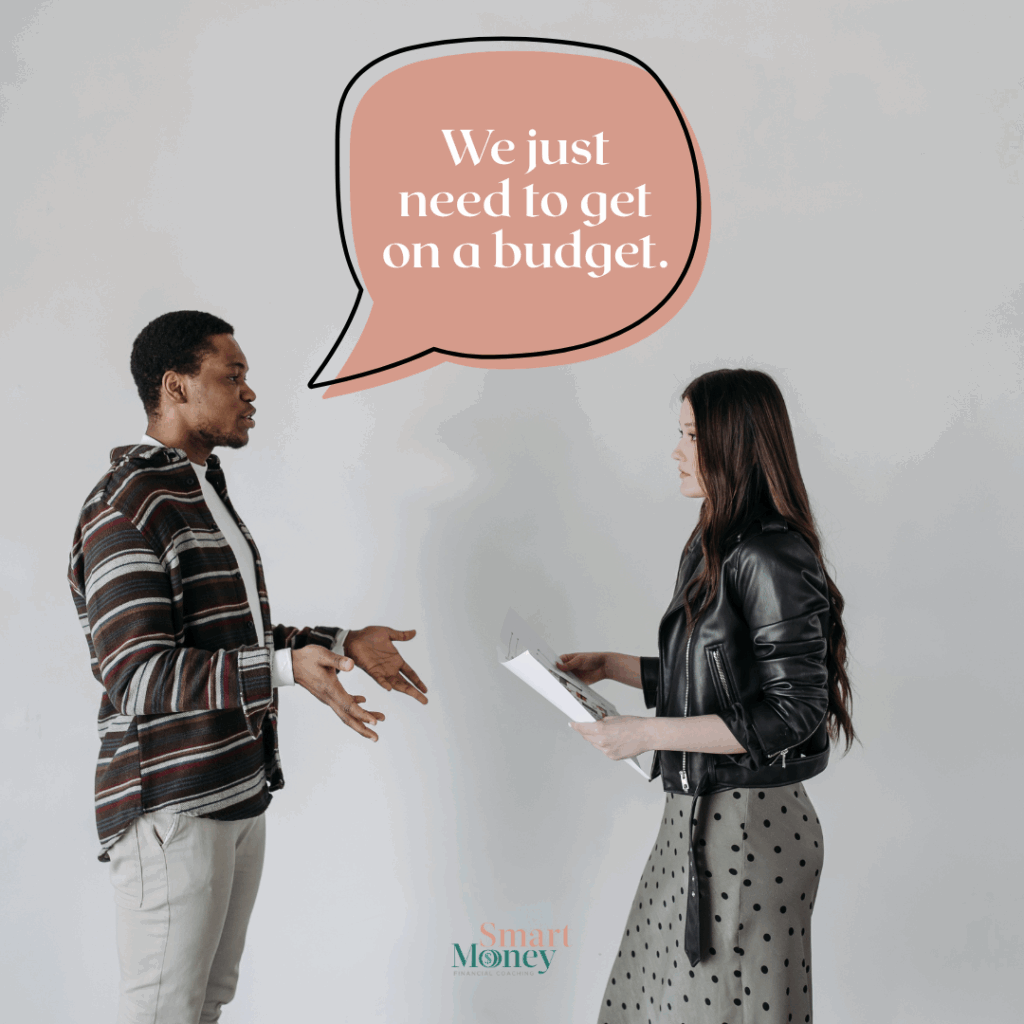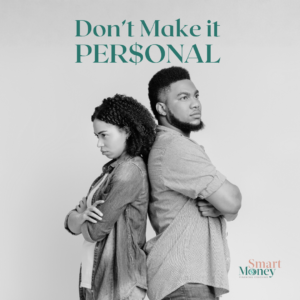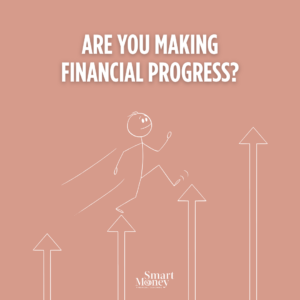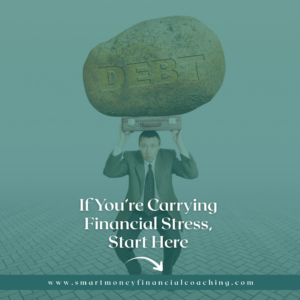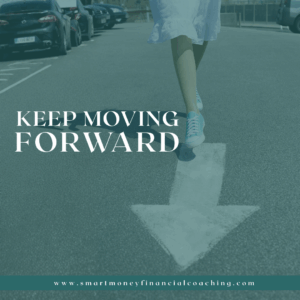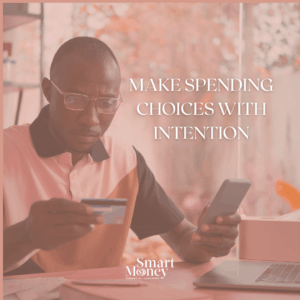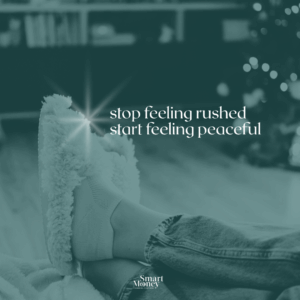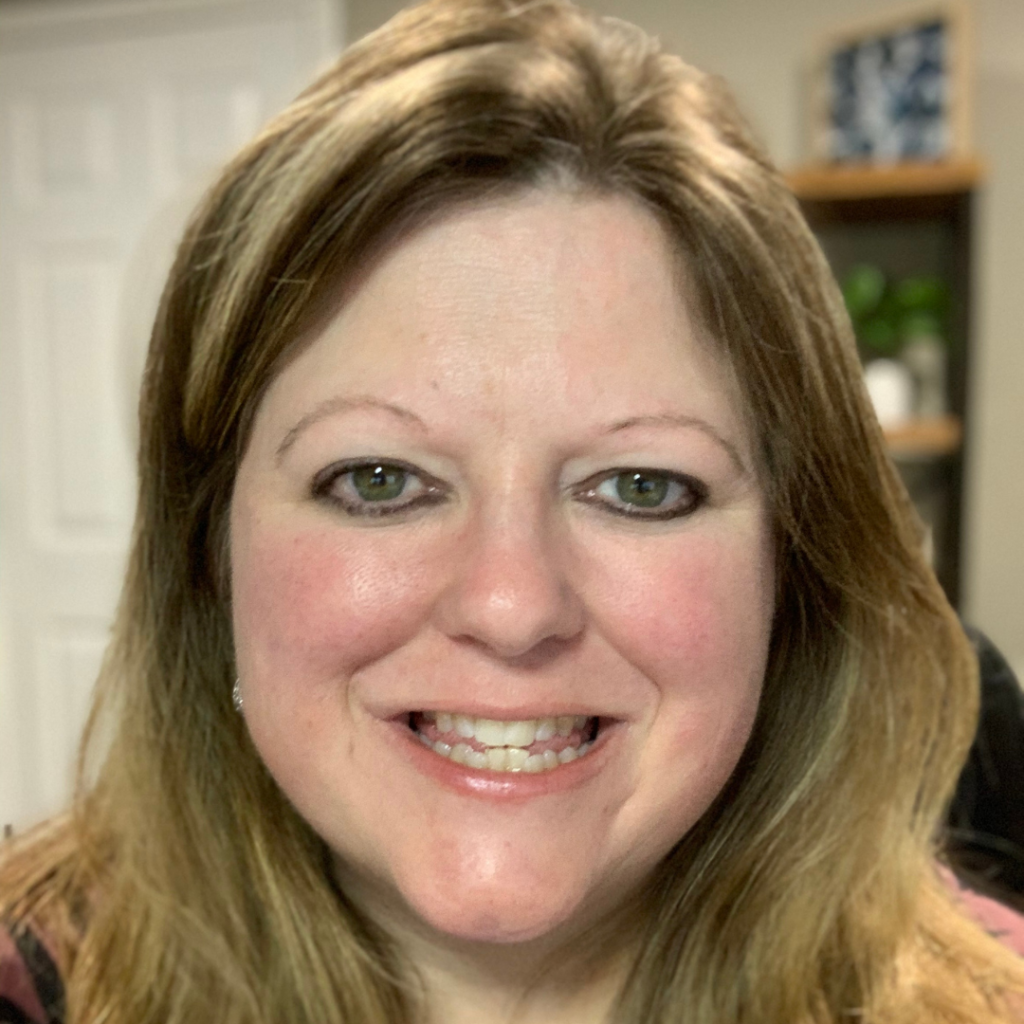Let’s talk about something that happens far more often than people realize: relying on credit cards just to get through the week.
Groceries, gas, prescriptions, school lunches—these aren’t luxuries. They’re everyday needs. But when money is tight between paychecks, the credit card often becomes the only option left.
For a lot of people, this pattern starts during a tough season—when income drops, expenses spike, or life just gets overwhelming. But even when that season passes, the cycle sticks. The balance keeps growing, the minimum payments get higher, and the card becomes part of your monthly survival strategy.
This isn’t about bad decisions—it’s about not having a plan that reflects your real life.
If you’re ready to stop relying on credit cards for everyday essentials, here are three simple shifts that can help.
1. Look at the Full Picture
Most people are walking around with a budget in their head, trying to remember what’s going to be autodrafted next. That makes it nearly impossible to stay ahead.
Instead, lay everything out—income, bills, spending, and debt—so you can actually see where your money is going and make informed decisions.
Bonus tip: If looking at everything feels too overwhelming, just start with your next paycheck. Track what’s coming in, what’s already spoken for, and what’s left. That small step builds awareness and momentum.
2. Build a Spending Plan That Works for You
This isn’t about cutting out coffee or never eating out again. It’s about creating a plan that reflects the way your life actually works—including the unexpected.
A good plan doesn’t feel restrictive—it feels like clarity.
Bonus tip: Food is one of the easiest places to overspend. Planning just 3–4 dinners a week can make a big difference—especially if they’re simple. A frozen pizza is a meal plan. So is breakfast for dinner. Keep it doable.
3. Build a Cushion to Help Stop Relying on Credit Cards
If you’re used to running out of money before the month ends, even a small savings buffer can be a game changer.
Start with $20 per paycheck. Over time, that builds the kind of margin that helps you stop relying on credit cards when life happens.
Bonus tip: If you tend to dip into savings out of habit, consider setting it up in a separate bank or account that isn’t linked to your checking. Out of sight, out of temptation.
I’ve worked with so many clients who were in this exact situation—relying on credit for essentials, feeling stuck, and wondering how they’d ever dig out.
With a plan and the right support, they shifted their habits, built savings, and paid off debt they thought would never go away.
You can do that too.
If you’re ready to stop relying on credit cards and finally feel in control of your money, I’d love to help. One-on-one financial coaching gives you a simple, step-by-step approach and the ongoing support to stick with it.
You don’t have to figure this out alone.
